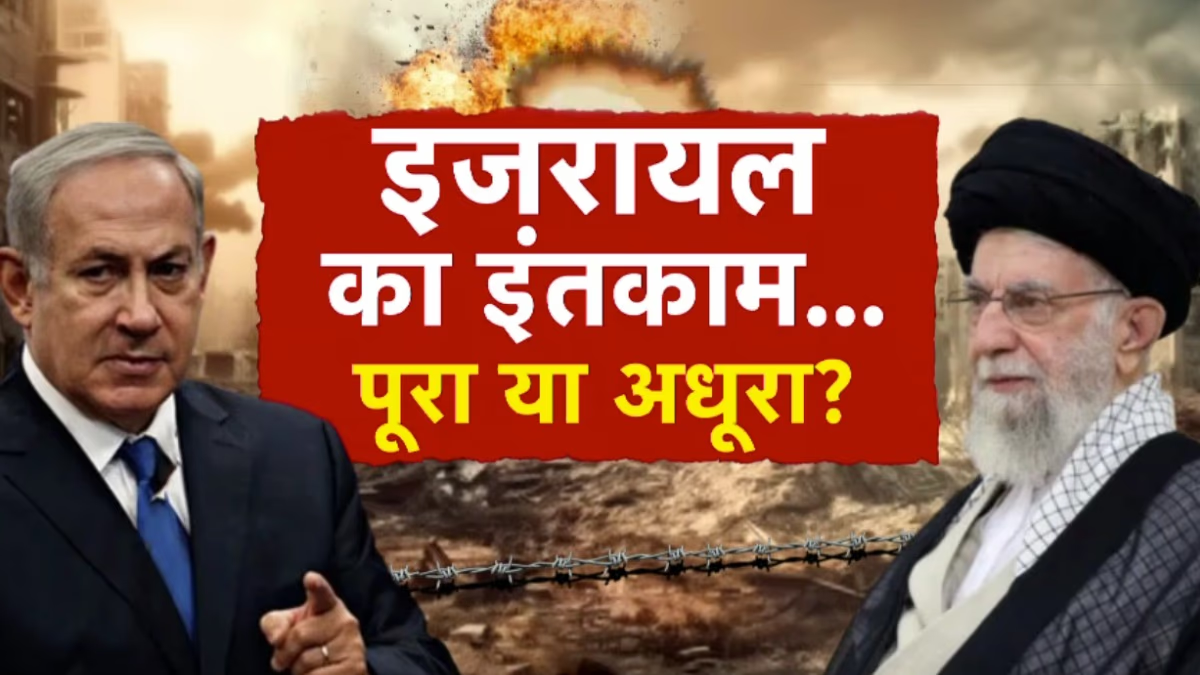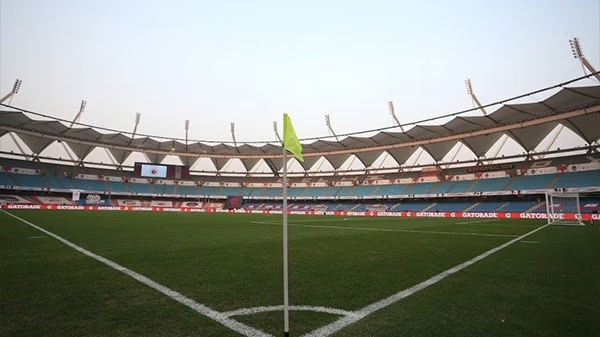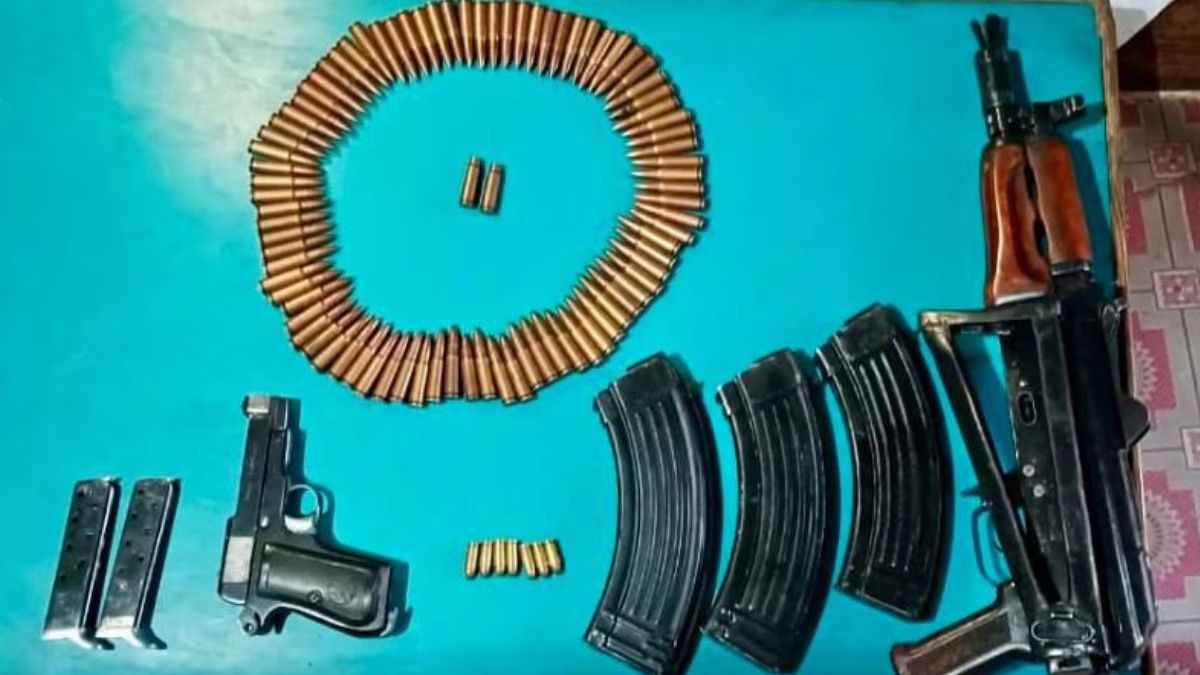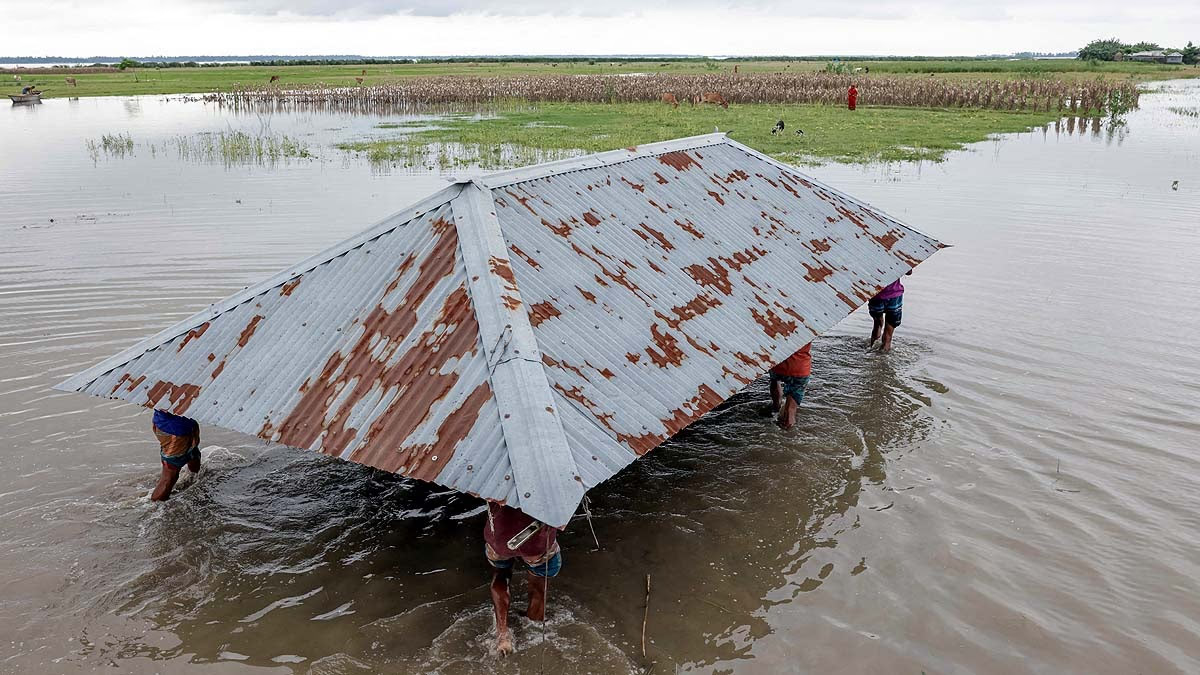Israel had already warned Iran of an impending attack, cautioning against any retaliation that might invite further action from the U.S. as an ally to Israel's defense. Despite the threats, Iran showed defiance.
The Iranian Vice President boldly asserted Iran's might, revealing intentions to weaken its adversaries. Interestingly, Saudi Arabia sided with Iran, calling the assault a violation of international law. On October 25, Israeli jets stormed into Iranian skies, delivering a swath of destruction with deadly consequences.
Why did Israel and America feel the need to jointly threaten Iran? What prompted fears of an attack from Iran? Almost immediately, these concerns were validated when Iran expressed its intention to respond.
Iranian parliament member and National Security Commission member Ahmad Azzam remarked on the Israeli strikes, emphasizing Iran's right to defend itself and promising a timely response. He reassured that Iran would proceed with caution, avoiding hasty decisions.
Attacks on Iran's Military Bases and Power Plants
Israel held nothing back, targeting Iranian strength through widespread assaults. According to Israeli reports, military bases and power plants were hit, with oil refineries also in the line of fire. Despite devastating blows, all Israeli aircraft reportedly returned safely, yet Iran's retaliation seems imminent. Iran's Supreme Leader Khamenei, already on edge, warned against missile strikes, only for Israel to proceed, likely prompting a robust Iranian counterattack.
Hints of Iranian Retaliation
Signals of reprisal are clear. Iranian Vice President Mohammad Reza Arif's tweet proclaimed Iran's strength would subdue its foes. With dwindling options, Iran could engage directly in warfare, as allies like Hamas and Hezbollah falter, and limited aid from Syria seems forthcoming.
The October 2 attack served as a last stand, directly challenging Israel. The stakes are high, as escalation looms. The USA's caution against retaliatory strikes may align them with Israel, and reports from Israeli public broadcaster KAN News suggest Iran might be reconsidering, as they purportedly sent a message through an intermediary pledging no further aggression.
Experts Caution of Iranian Response
Iran vows to defend against Israeli attacks on Gaza, Lebanon, and its officials, marking the first open acknowledgment of Israeli strikes on Iran. Al Jazeera reports suggest experts see potential Iranian retaliation following Saturday's assault, with analysts like Elijah Magnier indicating the assassination of Iranian officials could necessitate a response.
'Iran Compelled to Defend Itself'
The Iranian Foreign Ministry denounced the attacks as blatant violations of international law and the UN Charter. Iran asserts its right to self-defense against external aggression and insists on safeguarding its interests and security. It stresses using every resource to protect its people while urging regional peace and reminding other nations of their shared duty to uphold stability.




